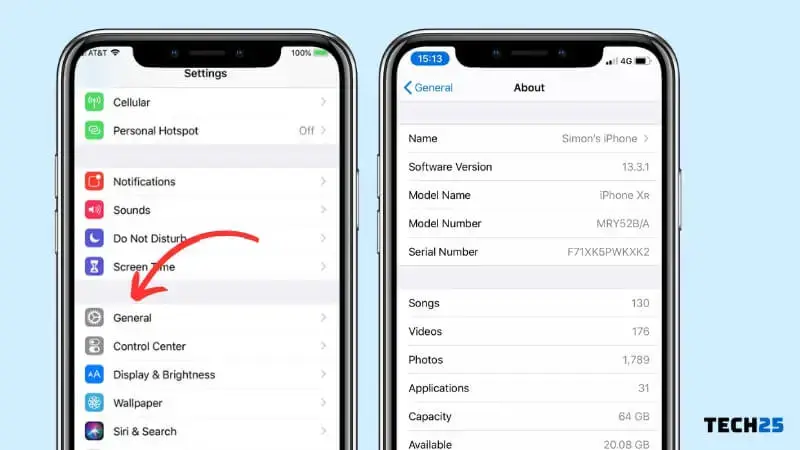When Did I Buy My Phone?

In today’s fast-paced world, smartphones have become an integral part of our lives. We rely on them for communication, entertainment, and even productivity. However, have you ever found yourself wondering when you bought your current phone? With the constant release of new models and upgrades, it can be challenging to keep track of when exactly you made that purchase. In this article, we will explore the importance of knowing when you bought your phone, how to find this information, and why it matters.
1. Why Knowing the Purchase Date Matters
Knowing the exact date of your phone purchase can be beneficial for several reasons. Firstly, it helps you determine whether your device is still under warranty. Most smartphones come with a limited warranty that covers manufacturing defects and malfunctions. By knowing the purchase date, you can easily check if your phone is still eligible for repairs or replacements without incurring any additional costs.
Additionally, understanding when you bought your phone allows you to assess its value accurately. As technology advances rapidly, newer models are constantly being released with enhanced features and capabilities. By knowing the age of your device, you can better gauge its resale value if you decide to upgrade or sell it.
2. How to Find the Purchase Date
Finding the purchase date of your phone may seem like a daunting task, but it can be relatively straightforward. The first place to check is your purchase receipt or invoice. If you bought your phone from a physical store, the receipt should contain the date of purchase. For online purchases, check your email inbox for any order confirmation or shipping notifications that may include the purchase date.
If you no longer have access to these documents, don’t worry. Your phone itself can provide valuable clues. Navigate to the settings menu and look for an “About Phone” or “Device Information” section. Within this section, you may find details such as the manufacturing date or the date when the phone was first activated. While these dates may not be the exact purchase date, they can serve as a useful reference point.
3. Importance of Keeping Track of Phone Purchase Dates
Keeping a record of your phone purchase dates is crucial for multiple reasons. Firstly, it helps you stay organized and maintain a clear timeline of your device’s lifespan. This information can be handy when troubleshooting issues or seeking technical support. Knowing the age of your phone allows technicians to better diagnose problems and provide appropriate solutions.
Furthermore, tracking your phone purchase dates can help you plan for future upgrades. By understanding how long you have had your current device, you can anticipate when it might be time to consider purchasing a new phone. This proactive approach ensures that you are not caught off guard by sudden malfunctions or outdated software.
4. Utilizing Phone Manufacturer Support
If you are still unable to determine the purchase date of your phone, reaching out to the manufacturer’s support team can be a viable option. Most manufacturers keep detailed records of their devices, including purchase dates and warranty information. Contacting their customer support with your device’s serial number or IMEI number can help retrieve this valuable information.
Conclusion:
Knowing when you bought your phone is essential for various reasons, including warranty coverage, resale value assessment, troubleshooting, and planning for future upgrades. By checking your purchase receipts, exploring your device’s settings, or contacting the manufacturer’s support team, you can easily find the purchase date and stay informed about your device’s lifespan. So, take a moment to dig into your records or explore your phone settings to uncover this valuable piece of information.






